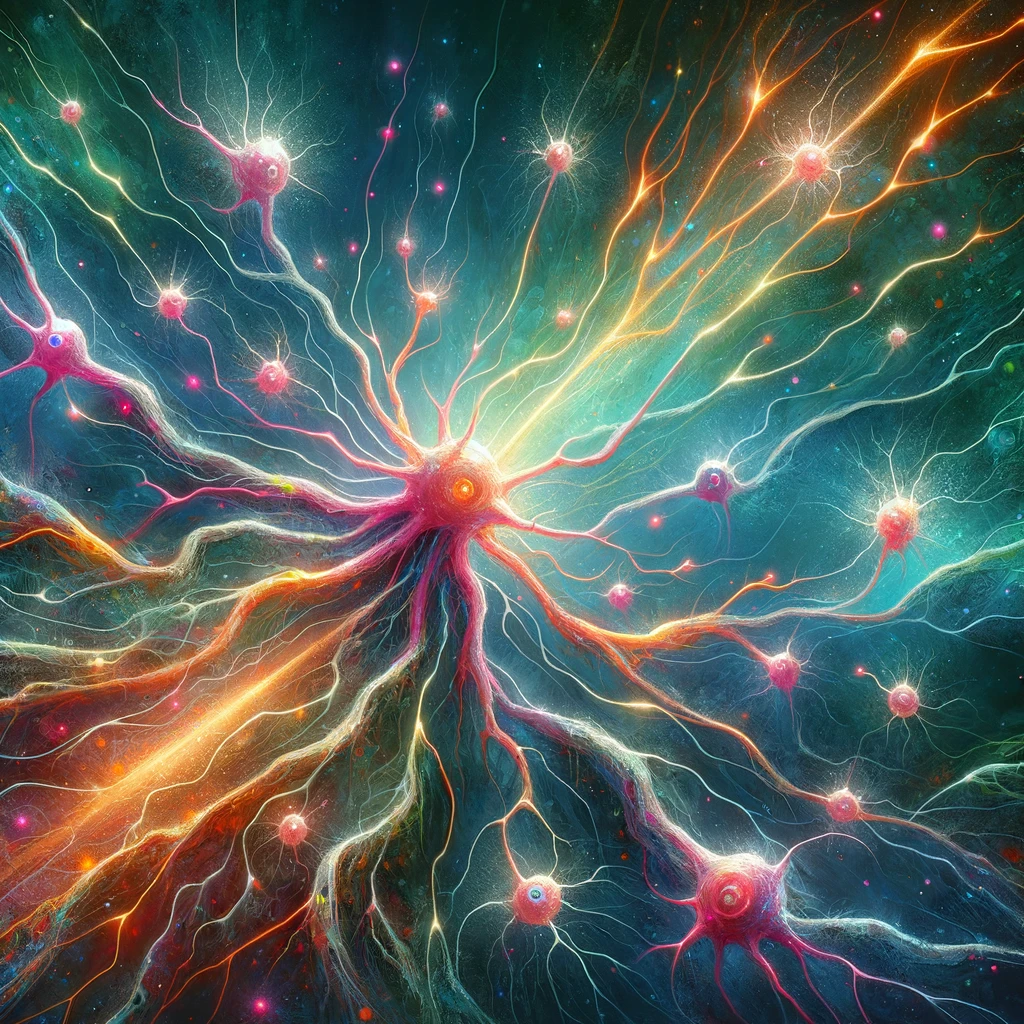Healing Chronic Stress Damage to the Brain
Chronic stress is a pervasive issue in today's fast-paced world, affecting millions of people and leading to a myriad of health problems. One of the less visible but profoundly impactful consequences of long-term stress is damage to dendrites, the critical components of neurons responsible for transmitting electrical signals in the brain. This article explores how ketamine, a medication once known primarily for its use in anesthesia, is emerging as a potential tool in repairing dendritic damage caused by chronic stress, offering new hope for recovery and mental health restoration.
Understanding Chronic Stress and Brain Health
The brain's ability to function optimally relies heavily on the health and integrity of dendrites, the branched extensions of neurons that facilitate communication between brain cells. Chronic stress, characterized by the prolonged exposure to emotional, psychological, or physical stressors, can lead to significant dendritic damage. This damage manifests as a reduction in dendritic length and complexity, particularly in regions like the hippocampus and prefrontal cortex, which play key roles in memory, learning, and emotional regulation.
Such structural changes can impair cognitive functions, memory formation, and the ability to manage stress, leading to a vicious cycle of heightened stress responses and further dendritic deterioration. Over time, this process can contribute to the development of various mental health disorders, including depression, anxiety, and PTSD, highlighting the critical need for effective interventions that can halt and reverse dendritic damage.
Ketamine's Role in Healing Dendritic Damage
Ketamine's potential to heal the brain stems from its unique mechanism of action, which differs significantly from that of traditional antidepressants. Research has shown that ketamine can rapidly induce the growth of dendritic spines, the small protrusions on dendrites where synapses are located, and enhance synaptic plasticity, the ability of synapses to strengthen or weaken over time, which is essential for learning and memory.
This regenerative process is believed to be mediated by ketamine's ability to block the N-methyl-D-aspartate (NMDA) receptors on neurons, leading to an increase in the production of brain-derived neurotrophic factor (BDNF). BDNF is a crucial protein that supports the survival, growth, and differentiation of neurons and plays a vital role in repairing and regenerating dendritic structures damaged by chronic stress.
Moreover, ketamine's effects on dendritic repair are remarkably fast-acting, with improvements in dendritic architecture observable within hours to days of treatment. This rapid action can quickly alleviate symptoms of depression and anxiety, which are often exacerbated by dendritic damage, thereby offering a lifeline to individuals suffering from the debilitating effects of chronic stress.
Conclusion
As the understanding of ketamine's role in neuroregeneration expands, its potential to revolutionize the treatment of stress-related brain damage becomes increasingly evident. By directly addressing the dendritic damage that underlies many mental health conditions, ketamine offers a promising path forward for individuals whose lives have been overshadowed by the long-term effects of chronic stress. While more research is needed to fully understand and optimize ketamine's therapeutic potential, its ability to heal the brain at the dendritic level marks a significant milestone in the quest for effective mental health treatments.

